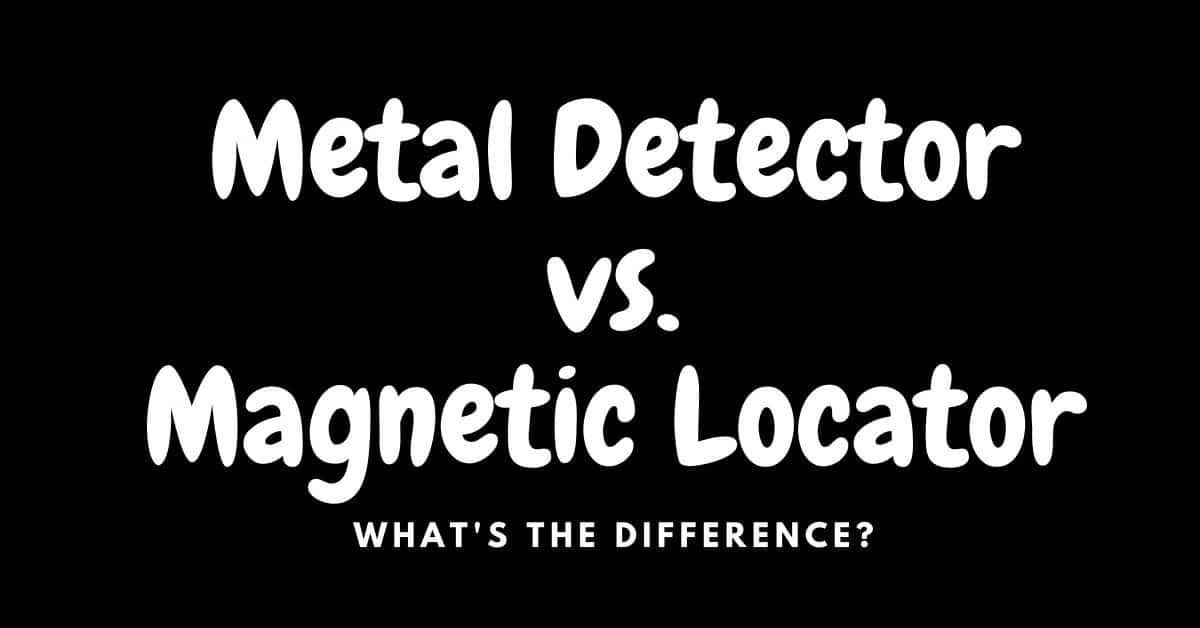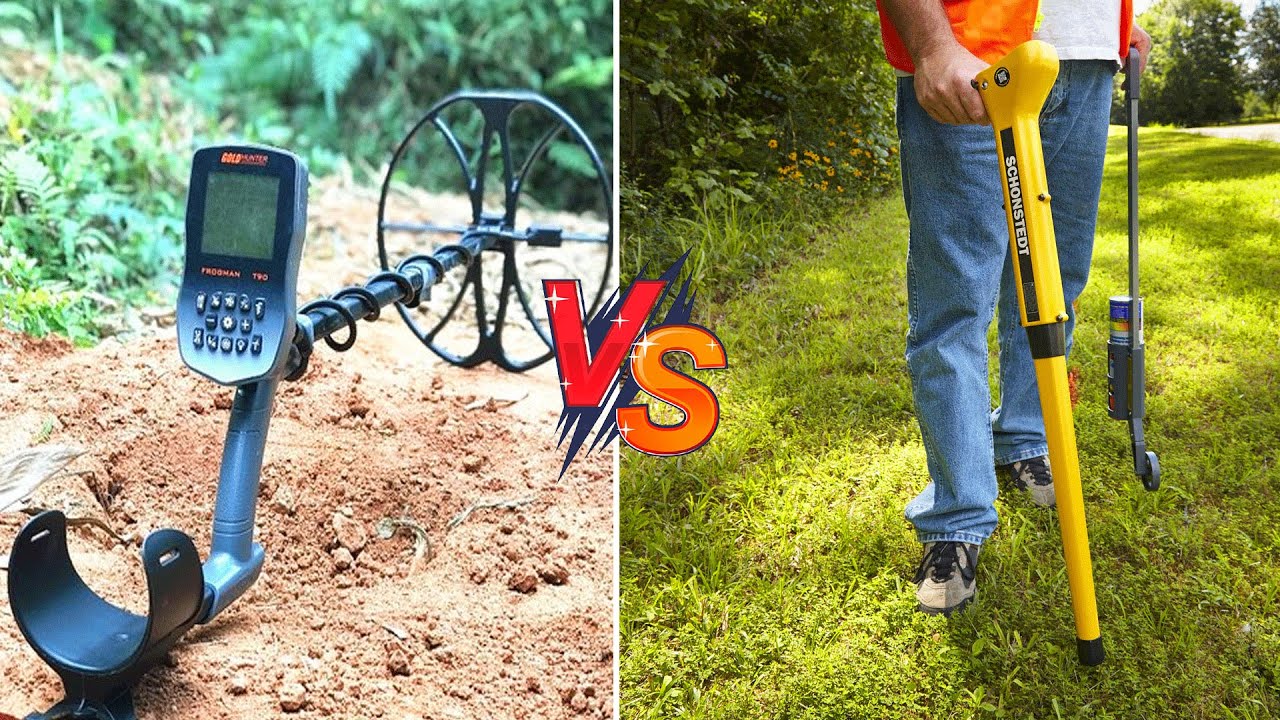
Most people have never used a metal detector or schonstedt locator, so most have no clue what the difference is between the two. If you are someone who has never used one of these tools before, this article is for you. In this article you will learn about the tools and get tips on where to start your search for treasure!
If you are in the market for the best metal detector or magnetic locator to use in your next treasure hunt, you might be asking yourself: What’s the difference between a metal detector and a magnetic locator?
Metal detector locator
Metal detector locator and metal detector are two of the most common terms that you will hear when searching for a metal detector. They are both used to find the presence, location and depth of buried metal objects. So what’s the difference? In this article, we will discuss the differences between metal detectors and magnetic locators, so you can make an informed decision on which one is right for your needs.
Magnetic locator
The magnetic locator is a handheld device that measures how far away you are from the magnetic field of buried metal objects. It works by using a magnetometer, which detects the strength and direction of a magnetic field. The needle on the dial will tell you which direction to dig.
A metal detector sends out electromagnetic waves that bounce off buried metal objects and return to the detector’s coil. The amount of time it takes for the waves to bounce back indicates how far away an object is from the detector.
Metal detectors vary in depth ratings, so be sure to choose one with a rating that suits your needs.

Using a metal detector in wet conditions
If you’re using a metal detector in wet conditions, you need to know about the difference between a metal detector and a magnetic locator. A magnetic locator is not as sensitive as a metal detector. This means that it will not be able to locate small objects or jewelry under water. If you’re looking for something that can search underwater, then you’ll need to use a different type of device.
In addition, if you’re searching for something that’s buried very deep in the ground, then your best bet is going to be with a metal detector. Magnetic locators are not designed for this type of work because of their limited range and sensitivity.
Magnetic and metal detectors compared: The Bottom Line
So, you’ve got a metal detector, but you’re not sure what it can do. You’ve also heard about magnetic locators, and you’re curious whether they can help you find your lost keys.
Here’s the deal: Both metal detectors and magnetic locators use electromagnetic fields to detect objects. But that’s where the similarities end!
A metal detector will detect all types of objects—not just metal ones. So if you have a wallet made from leather and coins in it, your metal detector will pick up on them both. The same is true for other non-metal items like clothing or even wood. A magnetic locator only detects iron-based metals, so it won’t be able to find your keys if they’re made from copper or aluminum (but it can still help!).
The bottom line is this: If you have an object that has metal in it somewhere (for example, a coin), then both tools will work well for finding it. But if you need to find an object that doesn’t contain any metal at all (for example, your car keys), then only a magnetic locator will work.
Metal detectors and magnetic locators are both useful for finding metallic objects. Essentially, the differences are that metal detector cost much less than a schonstedt locator. However, if you’re a beginner or don’t have an idea on how to use it, then what you need is a metal detector. But if you have the skill set to operate one and have some experience in searching for stuff, then you can use schonstedt locator.

Gary is a home improvement blogger who strives to improve his life and the lives of others. He provides homeowners with helpful tips on how to renovate their homes. His goal is not only to provide easy-to-follow instructions, but also share his own personal experiences for those seeking guidance.
